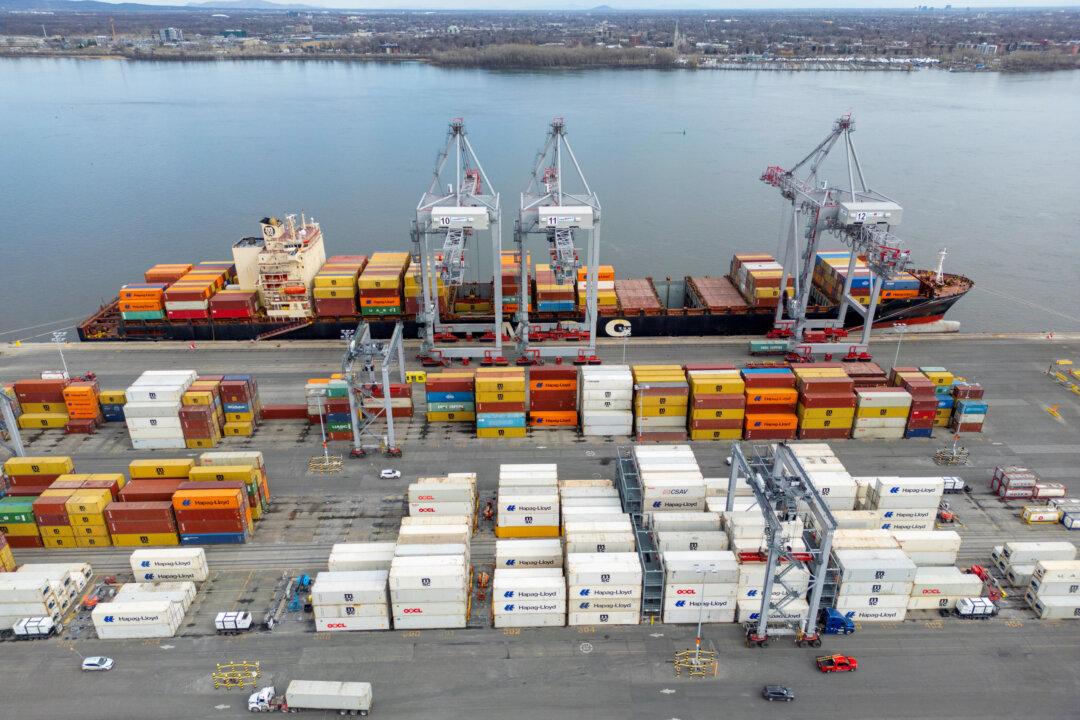Ottawa has rejected a Public Order Emergency Commission recommendation to disclose documents pertaining to potential future usage of the Emergencies Act, saying that cabinet confidentiality outweighs the public interest.
“The Supreme Court of Canada has recognized that the constitutional convention of cabinet confidentiality is essential to good government as it protects the public’s interest in ensuring that the executive branch of government can conduct its internal business in private,” the federal government said in its March 6 response to the Public Order Emergency Commission (POEC).





